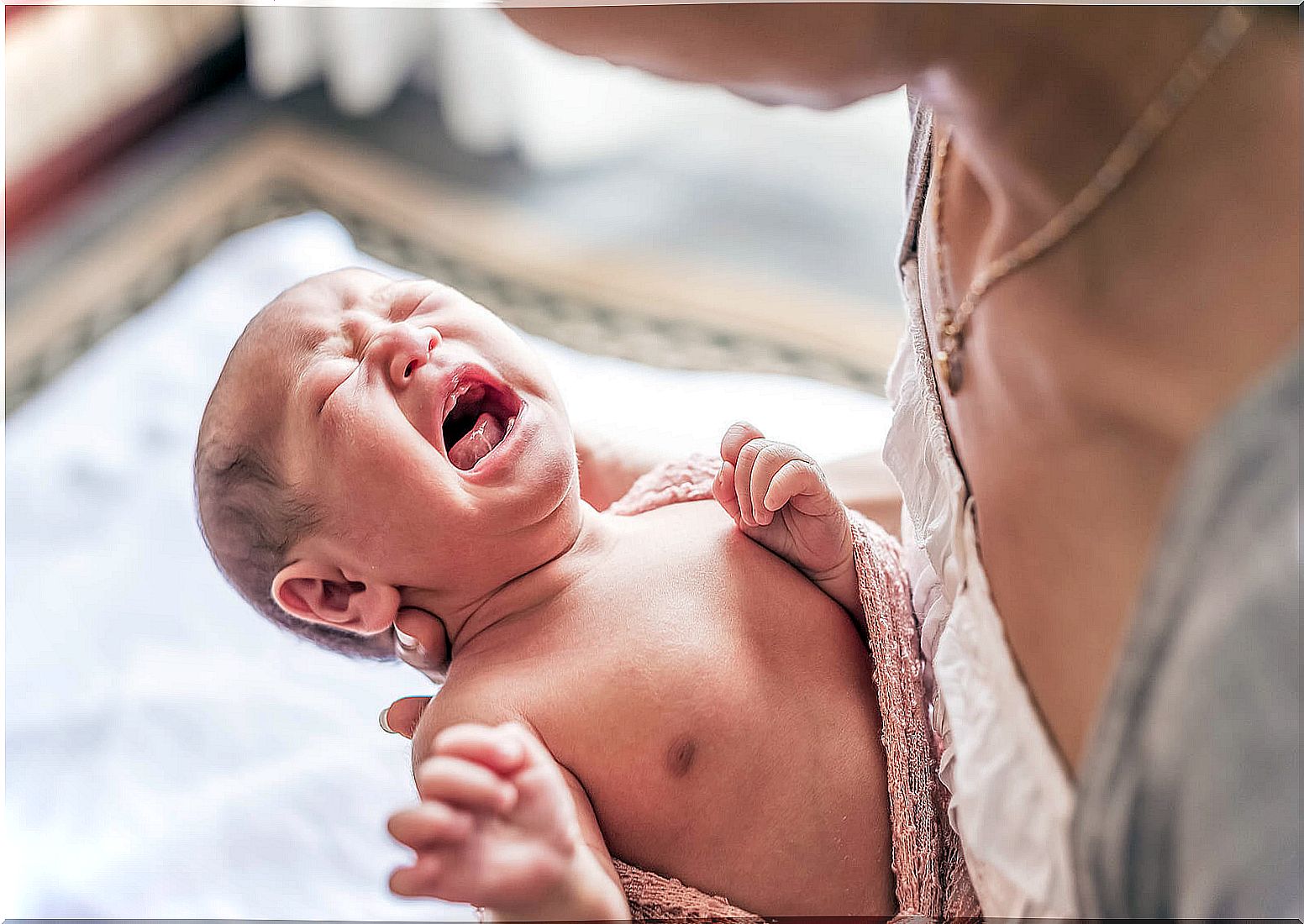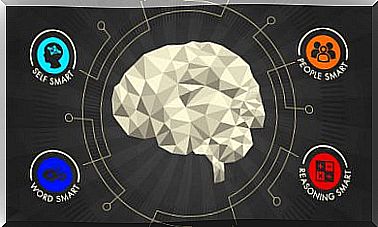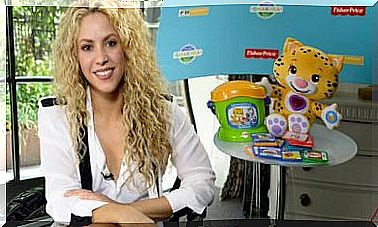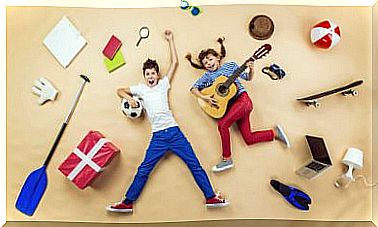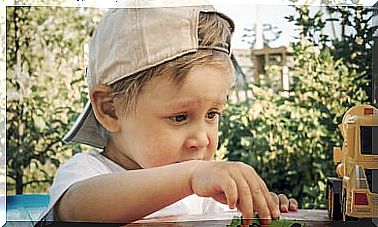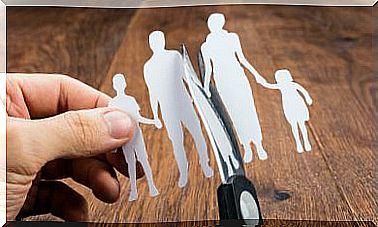7 Curiosities About The Body Language Of Babies
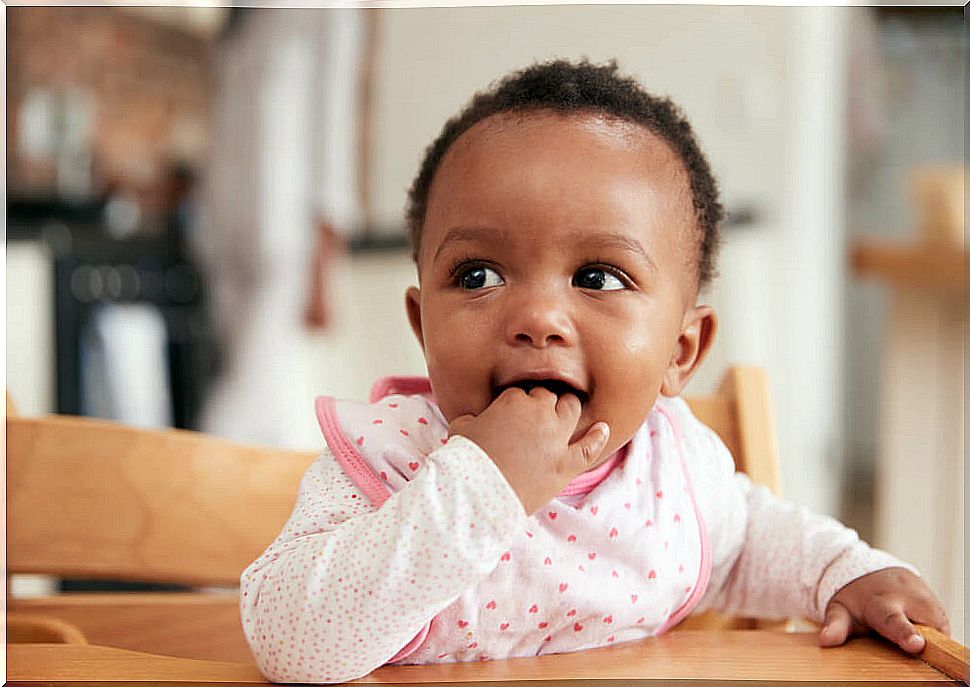
Babies’ body language is the intuitive expression of needs and emotions from the first days of life. Before developing the ability to articulate phonemes and words, the child can make himself understood by non-verbal means. The movements and sounds are signals of the communicative intention and of the innate tendency of interaction and attention.
Each of the child’s gestures has a meaning and requires a response from the parents. When you learn to read the movements of babies, you will understand their feelings and their mood swings.
That is why we want to talk about the communicative signs that children usually emit and the emotions with which they can be associated. The following are some non-verbal manifestations that occur frequently and what each one may indicate.
What Babies’ Body Language Says
1. Energetic leg movements
This gesture usually has a very positive connotation. In most cases, vigorous kicking is a sign that your baby is having fun and is very cheerful.
Therefore, you can appreciate it when you are playing with it or taking a hot bath in the tub. If you want his happiness to be more intense, sing him a song or respond with applause and motivation.
2. Arch your back at certain times
An arched back and lack of calm are reactions to pain or physical discomfort. This movement may indicate that the baby needs to change positions or has gastric discomfort, such as heartburn.
What should be done at the moment is to help the child find a comfortable position, especially if you are feeding him.
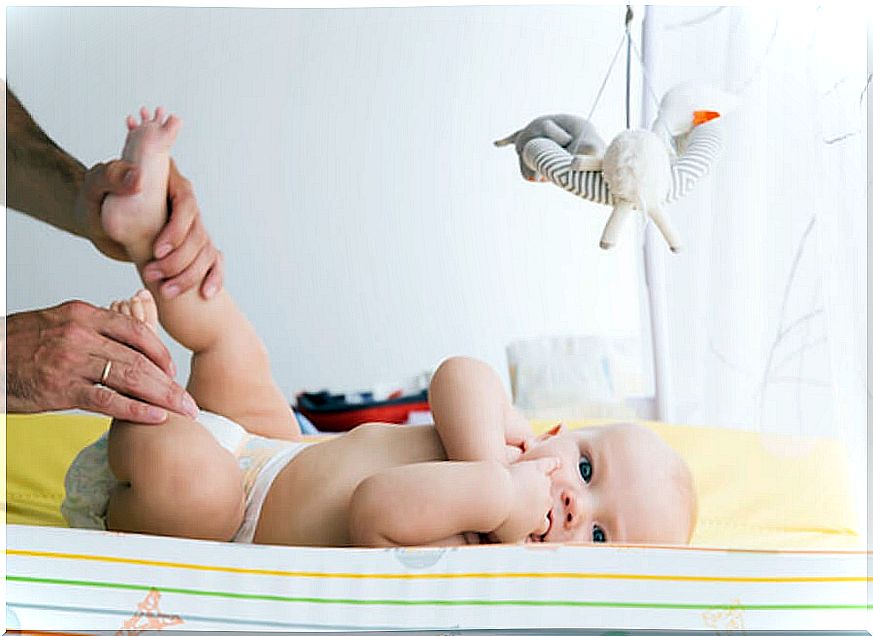
3. Tense arms and clenched fists
As with adults, when a child clenches his fist hard, he shows anger or stress. In the first months of life, this reaction can be caused by hunger or because a diaper change is necessary. This gesture may or may not be accompanied by crying, but in both cases it requires immediate parental attention.
4. Rub the eyes
This tender movement, especially if it is accompanied by a yawn or cry, usually indicates that the baby needs a nap. Try to calm him down, sing him a song until he is overcome by sleep; everything will be alright when i wake up. If this doesn’t work and the gesture persists, see a pediatrician to rule out an eye condition.
5. Suck on hands or fist
On most occasions, express that your child wants some food. If you try to feed him and verify that it is not hunger, you can interpret the action as a way to fall asleep. Many babies put their hands in their mouths before taking a nap to soothe themselves, and this does not imply that they need anything from you.
6. Startles
Sudden movements of the baby’s body are very common, especially while he is falling asleep. It is not an issue that you should worry about because it is a common reflex during the first six months of life.
They can be caused by noise or an abrupt situation around you. To avoid them, try to block out nearby sounds in your child’s sleep time.
7. Bend your knees towards your own body
When the baby repeatedly draws his knees towards his belly, there may be some digestive upset. Those that occur most frequently are abnormal bowel movements, gas accumulation or constipation.
If you are breastfeeding, avoid consuming irritating foods so that the baby’s gastric function returns to normal. In the event that the situation is not resolved promptly, you should request the advice and recommendations of the pediatrician.
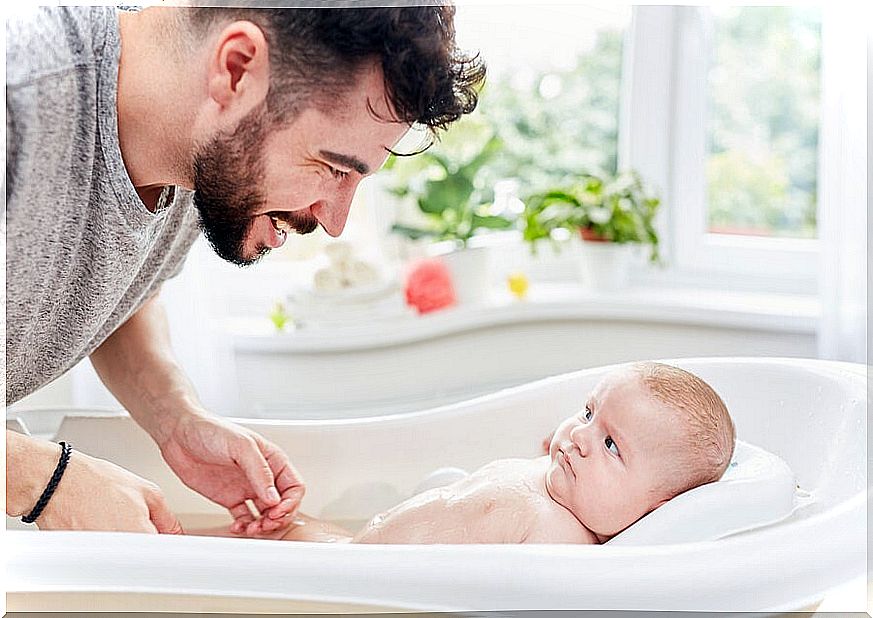
Conclusions
Once you understand what the body language of babies indicates, you can be more calm. By knowing what their gestures and sounds mean, you will have certainty in the reactions you should take.
As your little one develops the ability to articulate words, you must communicate with him through his own codes. Day after day you will better interpret each of his actions and understand his messages, even if he does not speak.
